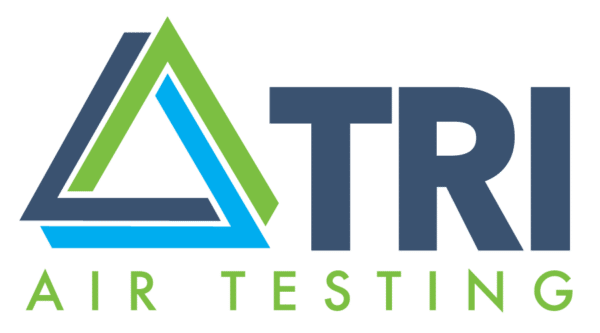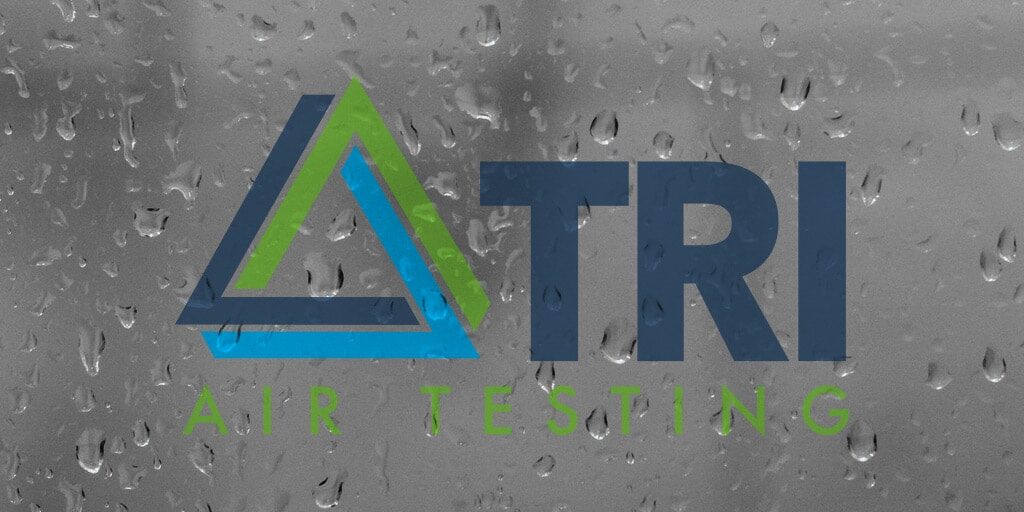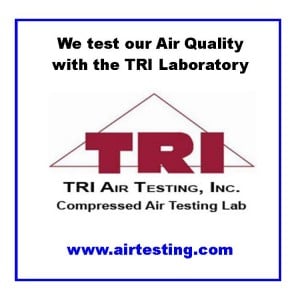In industrial manufacturing, precise and consistent humidity control is essential to ensure the standard and safety of the final products. Properly managing humidity levels can prevent product degradation, equipment damage, and contamination. And that’s where TRI Air Testing comes in. With over 47 years of experience, TRI Air Testing provides comprehensive testing services and solutions to help industrial facilities maintain optimal humidity levels and comply with industry codes and standards.
Why Humidity Control Matters
Humidity control is critical in an industrial environment because it can affect product quality and safety. High humidity levels can lead to product spoilage, mold growth, and increased bacteria growth. On the other hand, low humidity levels can cause product shrinkage, static electricity buildup, and even equipment damage. Controlling humidity levels also helps prevent corrosion, damaging equipment, and affecting product quality.
To ensure optimal humidity control, the American Society of Heating, Refrigerating, and Air-Conditioning Engineers (ASHRAE) recommends maintaining a relative humidity level between 30% and 60%. This range provides the ideal conditions for industrial processes and helps prevent the above mentioned issues.
How TRI Air Testing Helps:
TRI Air Testing provides various testing services and solutions to help industrial facilities maintain optimal humidity levels and comply with industry codes and standards. Some of the services offered by TRI Air Testing include:
- Air Quality Testing: TRI’s air quality testing services help facilities identify and mitigate potential sources of humidity, such as leaks and inadequate ventilation. This helps prevent the buildup of moisture and helps maintain optimal humidity levels.
- Moisture Testing: TRI’s moisture testing services help facilities identify and address potential sources of moisture, such as leaks, condensation, and humidity buildup. This helps prevent product spoilage, mold growth, and increased bacteria growth.
- Humidity Control System Design: the TRI Air Testing team of experts can help design and install humidity control systems that are modeled to the specific needs of an industrial facility. These systems help maintain consistent humidity levels and prevent product degradation and equipment damage.
Industry Codes and Standards:
In addition to maintaining optimal humidity levels, industrial facilities must also comply with industry codes and standards related to humidity control. Some of the regulations and standards that need to be addressed include the following:
- Good Manufacturing Practices (GMPs): GMPs are guidelines established by the FDA to ensure the quality and safety of products. One of the requirements of GMPs is maintaining the proper humidity levels in an industrial facility.
- ISO 14644: ISO 8573-3 is a standard that sets guidelines for cleanrooms and controlled environments. The standard includes requirements for maintaining humidity levels in these environments to prevent contamination and ensure product quality.
- ASHRAE Standard 62.1: ASHRAE Standard 62.1 sets requirements for ventilation rates and indoor air quality in commercial and industrial buildings. The standard includes guidelines for humidity control to ensure optimal indoor air quality.
In conclusion, humidity control is essential in an industrial environment to maintain the quality and safety of final products. By partnering with TRI Air Testing, industrial facilities can access various testing services and solutions to ensure optimal humidity levels and comply with industry codes and standards. With over 40 years of experience and a commitment to excellence, TRI is a trusted partner for industrial facilities looking to maintain optimal humidity levels and ensure product quality and safety.
TRI Air Testing will be at the NECANN Conference in March 2023. Learn more about air testing services at https://airtesting.com/cannabis-industry/







